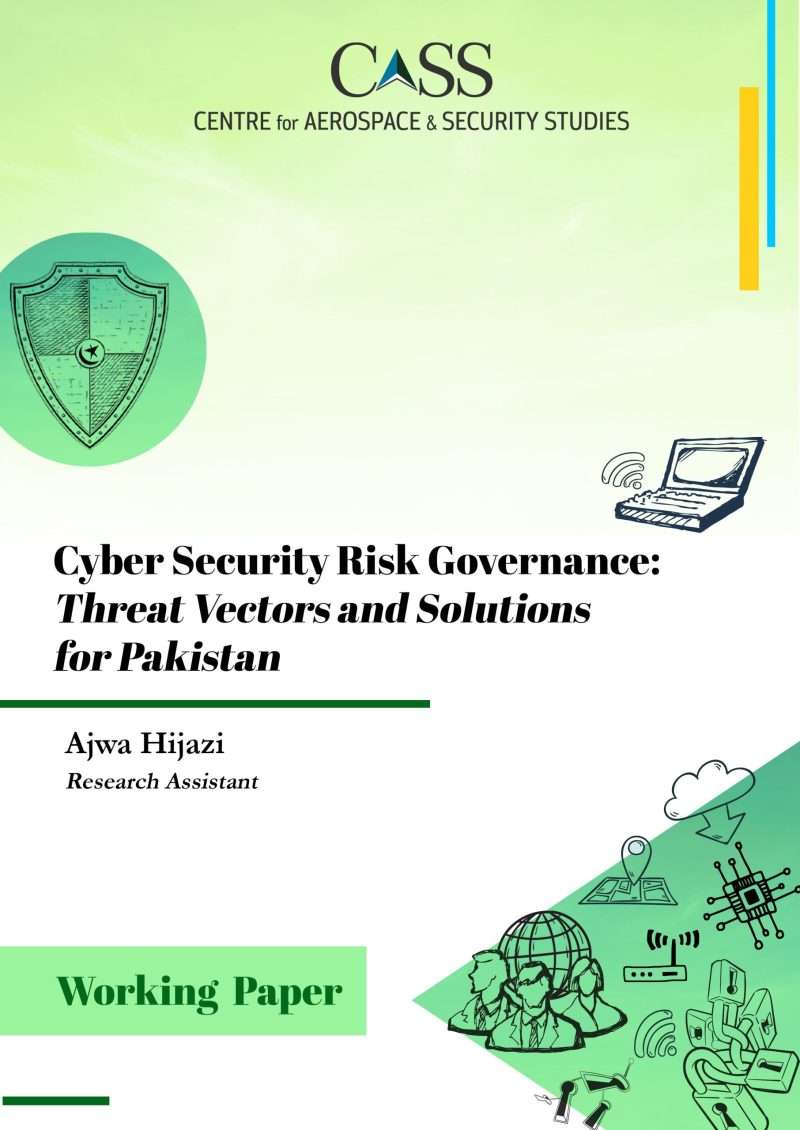Swift progress in technology has accelerated digitalisation globally, with Pakistan following suit. However, with these advancements come escalating cyber risks. This Working Paper critically examines Pakistan’s cyber security landscape, focusing on prevalent threat vectors such as phishing, hacking, ransomware, and Distributed Denial of Service (DDoS) attacks. Through an analysis of the country’s existing cyber security framework, the study identifies key strengths and areas of vulnerability. By leveraging secondary data, the research underscores the urgent need for improved Cyber Security Risk Governance and addresses the obstacles hindering effective cyber security practices. The paper concludes that to strengthen its cyber security posture, Pakistan must address both structural and contextual challenges to ensure that reforms are impactful and sustainable.

Share this article

The Extraction Trap
Trump’s declaration to “run Venezuela” after Maduro’s capture is a seeming promise of a sudden cure to Venezuela’s ills. However, it ignores the nation’s terminal diagnosis of a century of plunder. The rhetoric of imminent revival on the basis of the speedy return of international oil capital and the promise of 100 billion US dollars in reconstruction funds made the intervention seem like a unique opportunity.

Future Shield: The Saudi-Pakistan Security Partnership
Although the SDMA does not identify an adversary, effectively functioning as a deterrent, it cannot be viewed in isolation from the Israeli belligerence in the Middle East. Israel’s war against Hamas has expanded beyond the genocide of Gaza; it has bombed the West Bank, Lebanon, Syria, Yemen, Iran, and recently Qatar. Tel Aviv’s campaign under the banners of ‘anti-Semitism’ and ‘terrorism’ has engulfed the whole Middle East in a war-like situation, which has generated new enemies and has deepened the instability of the region.

The Trilateral Shift
On 15 January 2026, the Pakistani defence production minister confirmed that an agreement for a new trilateral defence deal between Pakistan, Saudi Arabia, and Türkiye is in the pipeline, other than the Pakistan-Saudi bilateral deal announced last year.

